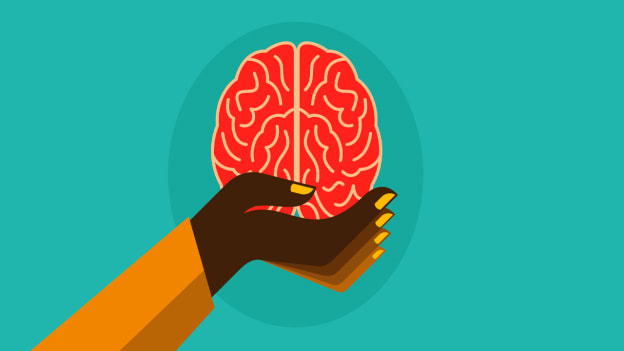In the fast-paced, technologically driven landscape of the modern age, the need for personalized mental health services has become increasingly apparent. The catalysts of change in this arena are multifaceted, driven by a combination of societal shifts, technological advancements, and a growing recognition of the importance of mental well-being. One key catalyst is the changing societal attitude toward mental health. As awareness surrounding mental health issues continues to rise, there is a growing acceptance of the fact that mental well-being is just as crucial as physical health. The stigma that once shrouded mental health discussions is gradually dissipating, prompting individuals to seek support and treatment more openly. This shift has created a demand for mental health services that are not only accessible but tailored to the unique needs of each individual. Technological advancements play a pivotal role in reshaping mental health services. The ubiquity of smartphones and the internet has paved the way for innovative solutions that bridge the gap between individuals and mental health professionals.

Mobile applications and online platforms now offer a plethora of resources, from meditation apps to virtual therapy sessions, providing users with personalized tools to manage their mental health. Artificial intelligence is another game-changing catalyst in the realm of personalized mental health services. AI-driven algorithms can analyze vast amounts of data, allowing for the identification of patterns and trends in an individual’s mental health. This data-driven approach enables the development of highly personalized interventions and treatment plans, tailoring therapeutic strategies to the specific needs and preferences of each user. For instance, an AI-powered mental health app can learn from user interactions, offering increasingly relevant and effective recommendations over time. The integration of wearables and biometric data adds another layer of personalization to mental health services at https://lakeviewmentalhealth.com/. Devices that monitor physiological indicators such as heart rate, sleep patterns, and activity levels provide valuable insights into an individual’s overall well-being. This real-time data can be leveraged to identify potential stressors or triggers, enabling timely interventions and a more proactive approach to mental health management.
Furthermore, the rise of telehealth services has broken down geographical barriers, making mental health support accessible to individuals regardless of their location. This democratization of mental health services ensures that people in remote or underserved areas can access the support they need. Virtual therapy sessions and online counseling platforms offer a convenient and flexible alternative to traditional face-to-face sessions, catering to the demands of the modern, fast-paced lifestyle. The catalysts of change propelling personalized mental health services into the forefront of the modern age are diverse and interconnected. A societal shift toward prioritizing mental well-being, coupled with technological advancements such as AI, wearables, and telehealth services, has transformed the landscape of mental health care. These innovations are not merely trends but represent a fundamental reimagining of how mental health services can be delivered – tailored, accessible, and responsive to the unique needs of each individual. As we continue to navigate the challenges of the modern world, personalized mental health services stand as a beacon of support, empowering individuals to take charge of their mental well-being in an ever-evolving landscape.
